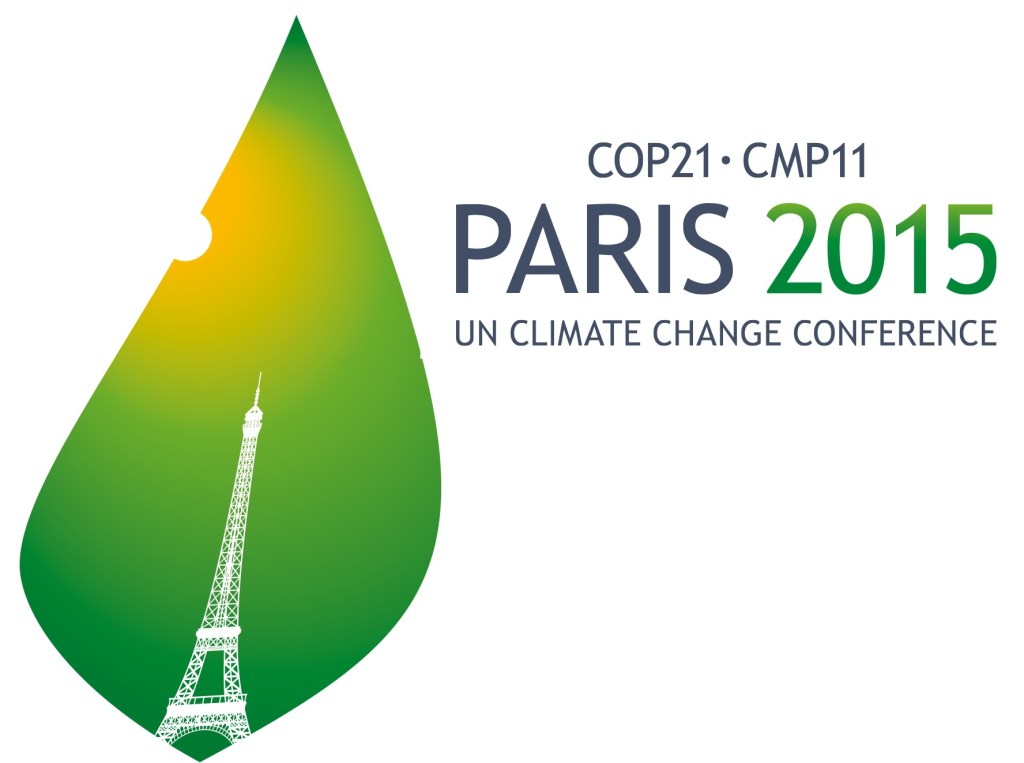The Paris Agreement is considered to be a landmark in the global fight against the climate change. Considering the commitment period of Kyoto Protocol (ended in 2020), the Paris Agreement was adopted in 2015. The Agreement serves as a guideline for the entire world in the transition to clean energy, and obliges parties to make changes in all relevant political decisions, as well as business and investment matters. After ratifying the Agreement in October to make a firm stand in the fight against the climate change, Turkey is now working on defining a roadmap to fulfill its commitments.
The Paris Agreement, the first multilateral agreement on the climate change, aims to limit global warming to well below 2, preferably to 1.5 degrees Celsius. For the first time, a legally binding agreement brings all nations to act collectively toward a common cause, which distinguishes the Paris Agreement among its counterparts. The Agreement involves quite critical elements concerning the fight against climate change, adaptation and low-carbon economic approaches. Its unanimous ratification indicates the sensitive nature of the Agreement. The Agreement also focuses on creating financial resources, their proper management and transfer to the countries and areas where necessary in order to honour the very ambitious goal of limiting the global warming.
Turkey to Reduce Greenhouse Gas Emissions by 15-17 Percent by 2030
By signing the Agreement on April 22, 2016 in New York, Turkey declared to the whole world that it would take a firm stance in the fight against climate change following the ratification by its parliament (the Turkish Grand National Assembly) five years later on October 6, 2021. Turkey is now working on a roadmap to improve its commitments as per the Agreement, to set a timetable to stop using coal and coal-based energy, and to realize its energy transition. Turkey, hereby, aims to reduce greenhouse gas emissions by 15-17 percent by 2030.

General Aspects of the Paris Agreement
Along with its clear message regarding global warming, the Paris Agreement has the following key aspects.
- The Agreement conveys a clear message to all parties, investors, businesses, non-governmental organizations, and policymakers that the global transition to clean energy is indispensable.
- In addition to the national climate plans submitted by 189 countries representing around 98% of global greenhouse gas emissions, a major global common effort is being formed for the fight against the climate change.
- As of 2023, the parties will start to convene every five years at the “global stock take” summits to assess the progress towards the reduction of emissions, compliance and supports.
- Parties have legal obligations intended to meet their goals regarding the contributions submitted by all parties. Therefore, governments are obliged to keep imposing national measures for emission reduction.
- The Agreement introduces quite strict framework in terms of transparency and accountability, including biannual stocktaking of greenhouse gases and national progresses.
- The Paris Agreement offers a great solidarity package that will facilitate revealing the needs related to the losses and damages caused by the negative effects of climate change.
- With the Paris Agreement, adaptation issue becomes a global goal to include capacity building, resilience against climate change, and vulnerability to climate change.
The Paris Agreement, establishing the framework of the post-2020 climate change regime, aims to strengthen the global socio-economic durability against the threat of climate change. Apart from stipulating to keep the global warming well below 2°C in the long term, the Agreement also intends to reduce the use of fossil fuels and to accelerate the transition to renewable energy. The Agreement places new responsibilities on all humanity and also leads societies by obliging them to fulfill their commitments.
References
AB Türkiye Delegasyonu (2018), Geleceğe Dair: Paris İklim Anlaşması, s.3.
BİTLİS Melis (2016), Önlenemeyen Gerçek: İklim Değişikliği, TSKB-Türkiye Sınai Kalkınma Bankası, Escarus – Sürdürülebilir Danışmanlık, s:1-2.
BOZOĞLU Baran (2018), Paris İklim Anlaşmasi Kapsaminda Türkiye’nin Erken Uyari Sistemine Dair Yapmasi Gerekenler, Doktora Tezi, Ankara Üniversitesi Sosyal Bilimler Enstitüsü Sosyal Çevre Bilimleri Anabilim Dalı, s.65-66.
BBC TR (2021), Reuters: Türkiye’ye Paris İklim Anlaşması Hükümlerini Uygulaması Için 3,1 Milyar Euro Kredi Verilecek. https://www.bbc.com/turkce/haberler-turkiye-58917278
CUMHURİYET (2021) Türkiye, Paris İklim Anlaşması’nı Onayladı, Atılacak Adımlar Bekleniyor
https://www.cumhuriyet.com.tr/turkiye/turkiye-paris-iklim-anlasmasini-onayladi-atilacak-adimlar-bekleniyor-1875080
Dışişleri Bakanlığı (2021), Paris Anlaşması https://www.mfa.gov.tr/paris-anlasmasi.tr.mfa
TİM (2021), Paris İklim Anlaşması TBMM’de Kabul Edilerek Yürürlüğe Girdi, Türkiye İhracatçılar Meclisi.
https://tim.org.tr/tr/duyurular-paris-iklim-anlasmasi-tbmmde-kabul-edilerek-yururluge-girdi


